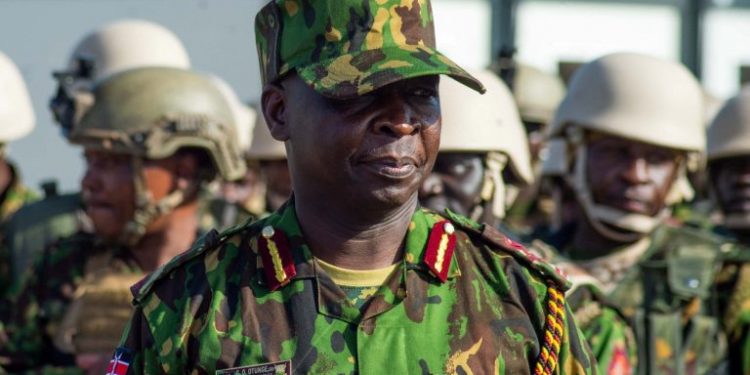Kenya has deployed an additional 217 police officers to Haiti to help address the escalating security crisis, which remains “immense,” according to UN Special Representative for Haiti, María Isabel Salvador. The Kenyan deployment includes an advance team of 5 women, with 150 Guatemalan officers and 8 Salvadoran troops also joining the effort.
Salvador highlighted the significant challenges faced by the Haitian National Police (HNP), including high attrition rates, a lack of specialized training, inadequate equipment, and a dire need for international assistance. She noted that the security situation has severely impacted UN operations in Haiti, leading to the suspension of flights to Port-au-Prince and the temporary reduction of the UN’s presence in the capital. Despite these challenges, the UN continues to provide lifesaving aid.
The situation in Haiti remains fragile, with slow progress in the transition framework. Fragmentation among political sectors and criticism of the Transitional Presidential Council complicate the process. Salvador reported that more than 6 million people, nearly half the population, require humanitarian aid, with 3.9 million people targeted for assistance. The number of internally displaced persons has tripled to over 1 million, with more than half of them being children. Displacement sites are overcrowded and lack essential services like clean water, sanitation, and education. Food insecurity affects 48 percent of the population.
Ghada Fathi Waly, Executive Director of the UN Office on Drugs and Crime (UNODC), emphasized that the ongoing violence is exacerbated by illicit arms flows, drug trafficking, and corruption. She called for enhanced capacity in Haiti to control and trace firearms, improve border control between Haiti and the Dominican Republic, and strengthen controls over ships departing for Haiti and other transit destinations like the Bahamas and Turks and Caicos, which are increasingly used by traffickers.









